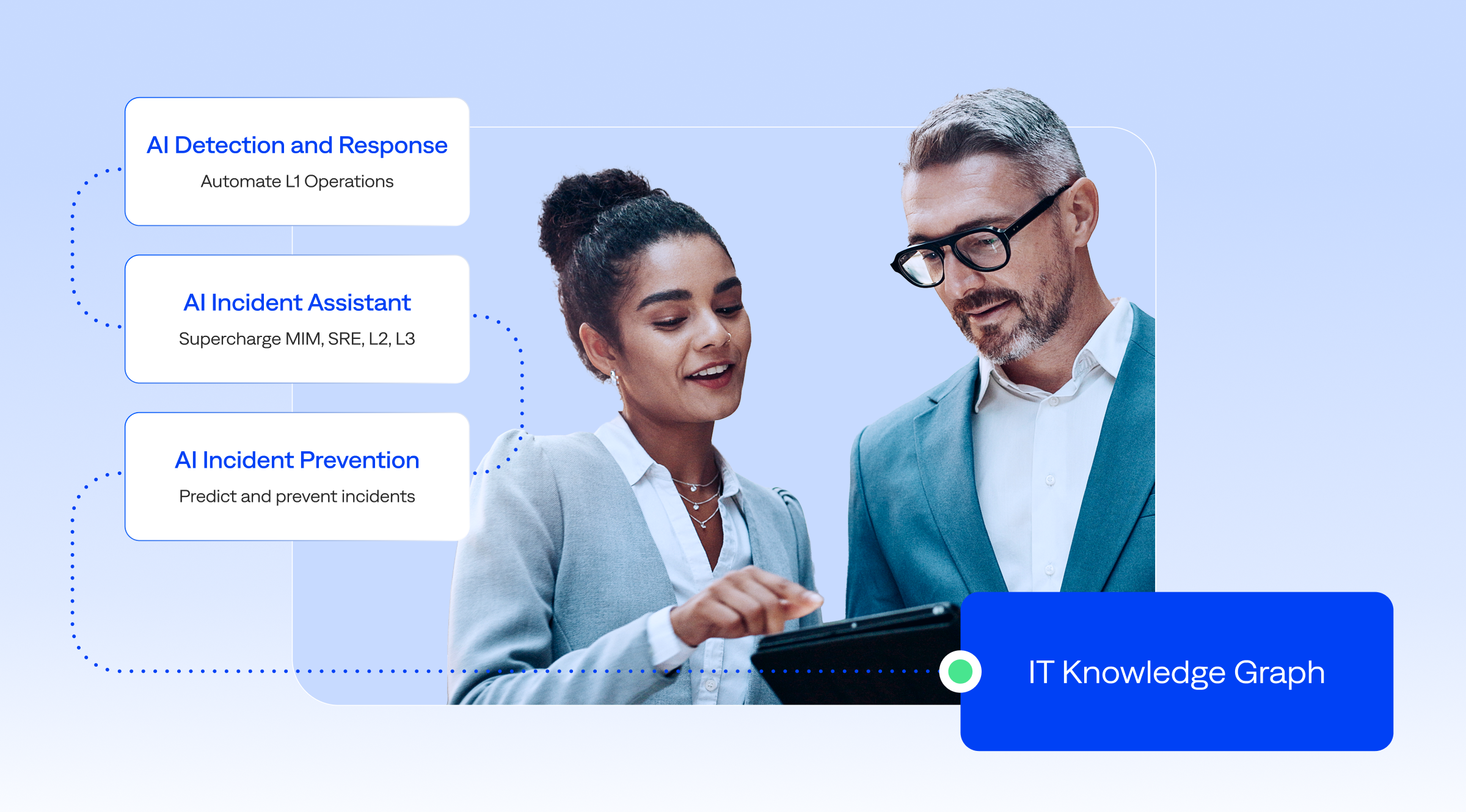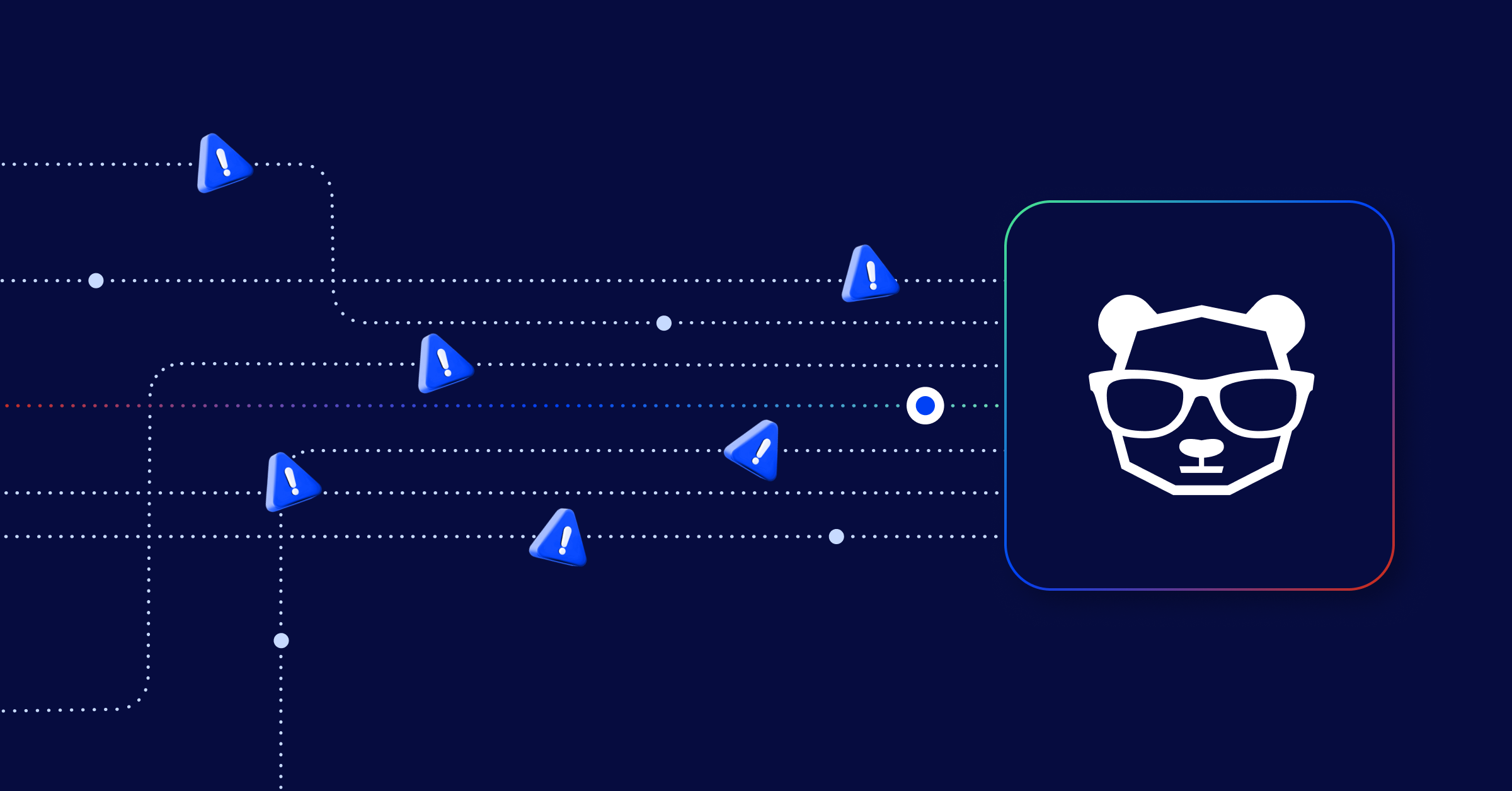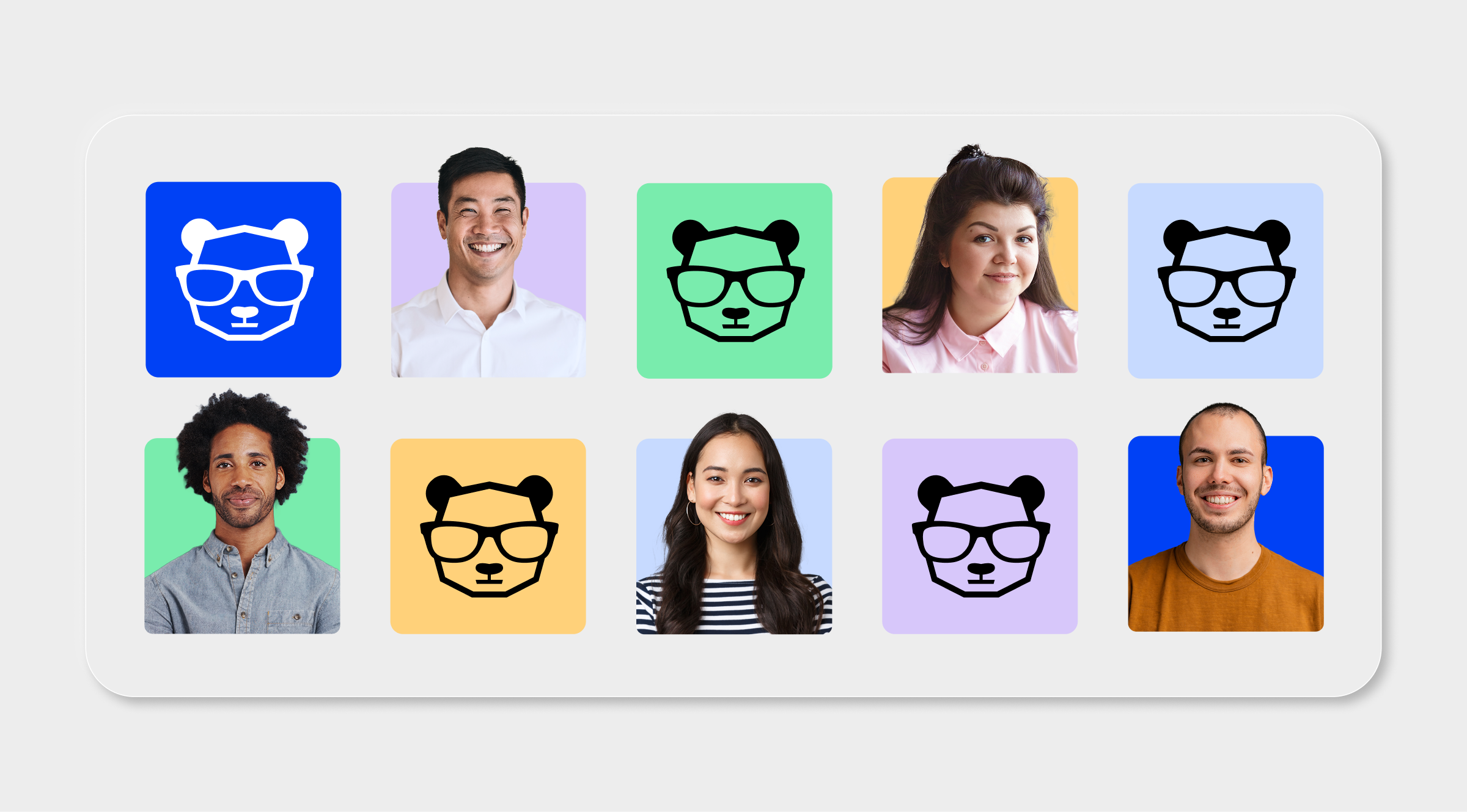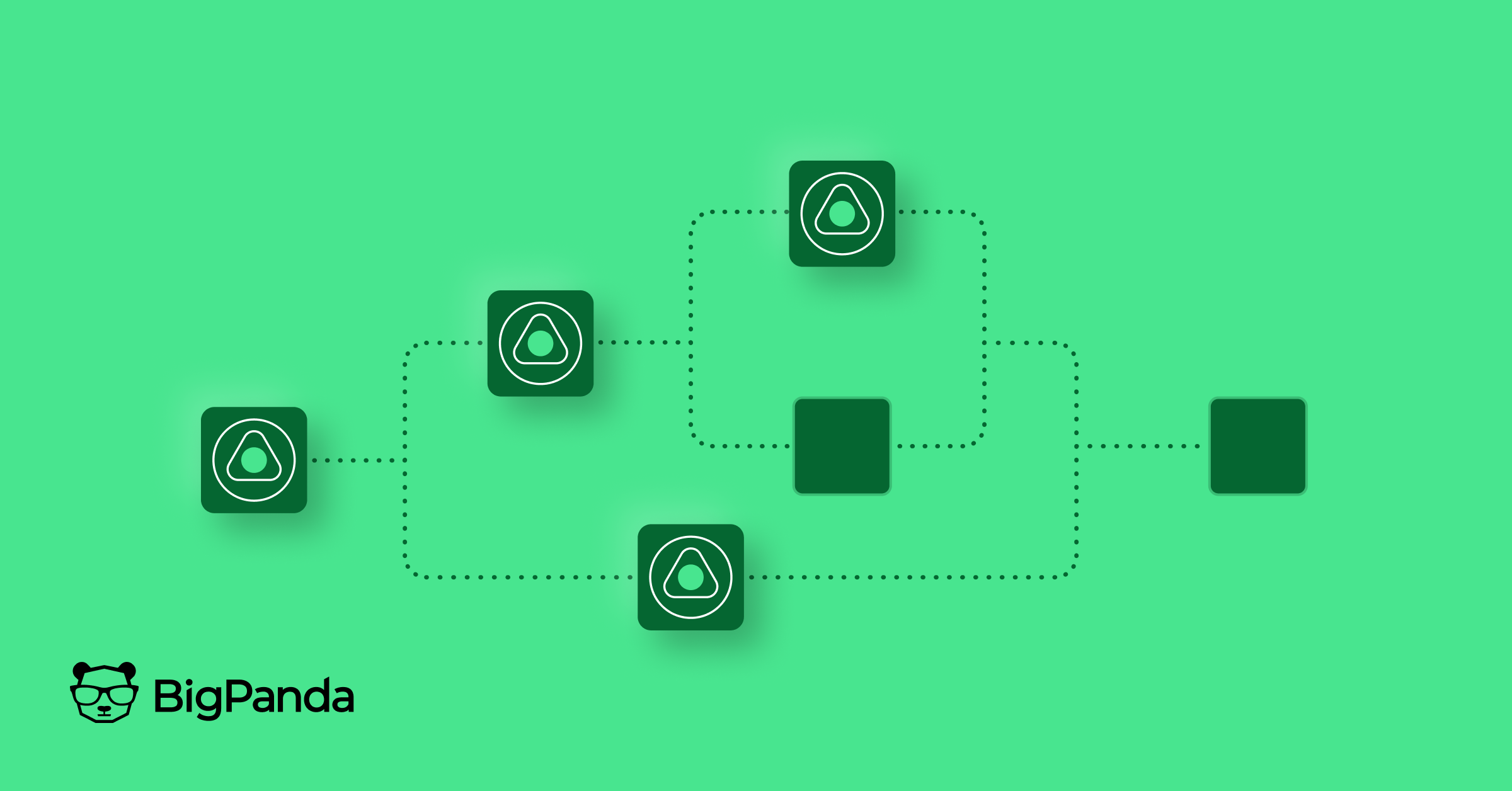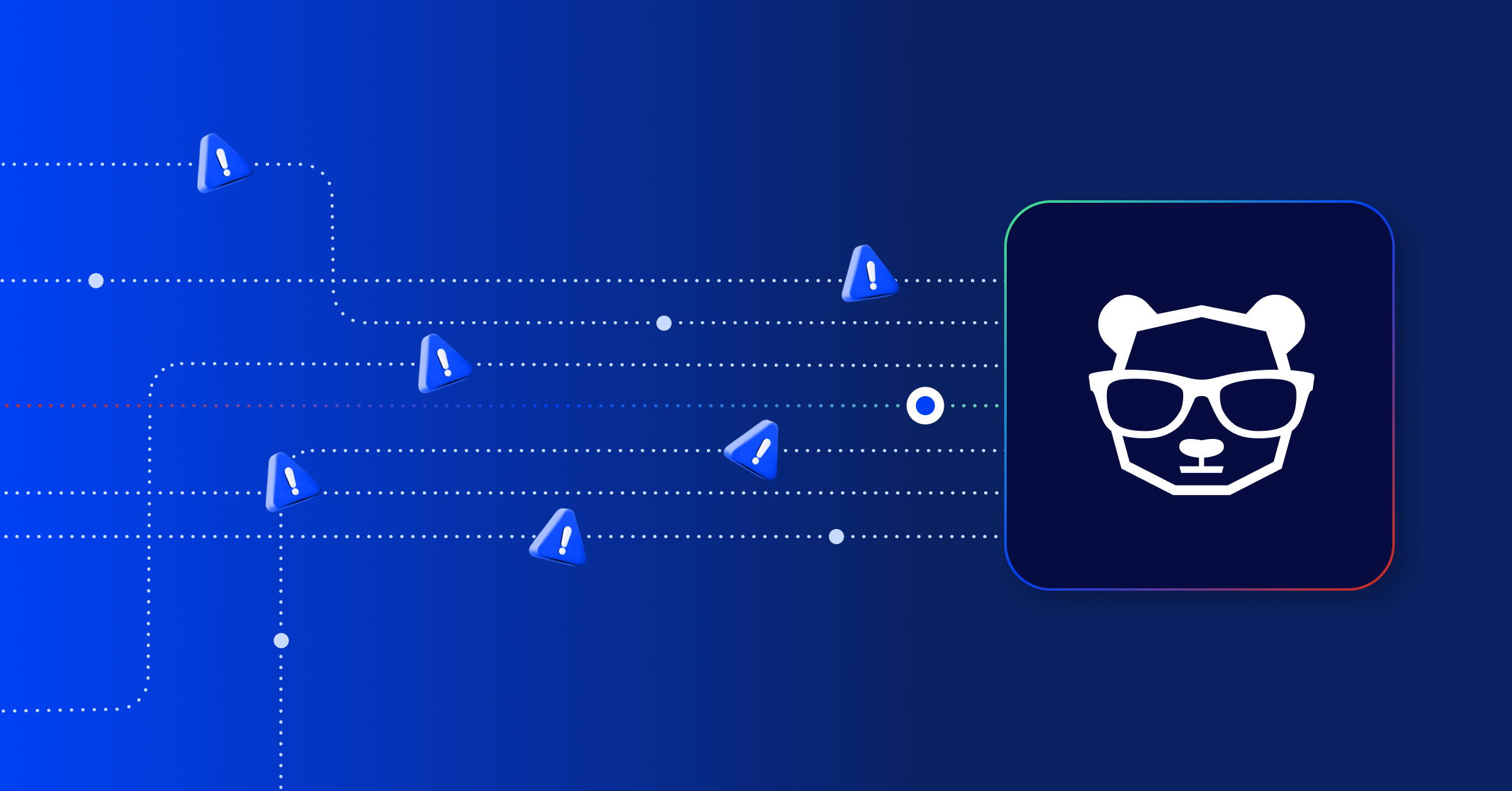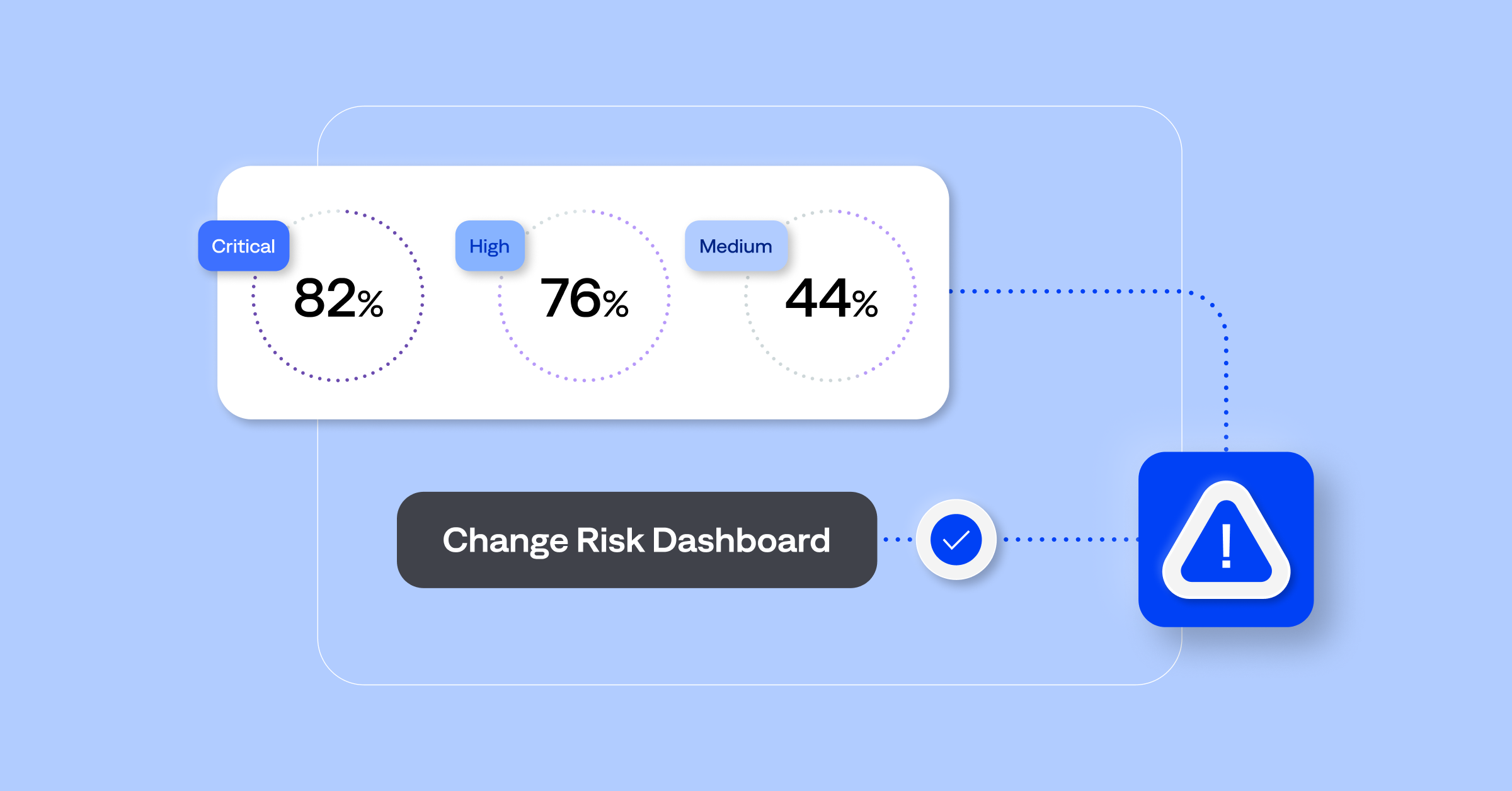How ITOps teams cope with evolving cloud management

Breaking down cloud management platforms and hybrid/multicloud management
In our recent Whiskey and Wisdom session, we discussed how ITOps teams are coping with the evolution of cloud management. Whiskey and Wisdom is a monthly executive-only forum where IT operations leaders can network independently and discuss high-level AI operations and ITOps strategies with their industry peers.
Our recent event focused on the state of cloud, hybrid cloud, and multi-cloud and how organizations identify what works best for them. As many of us have seen first-hand, the hype is settling into a complex and challenging reality when it comes to the cloud.
Most ITOps teams are functioning in a hybrid and multicloud operational model as they work to support operations using both a traditional, on-prem tech stack and often two or more cloud infrastructure stacks.
While cloud management platforms (CMPs) offer the promise of abstract ability, the question remains: how effective are they? And how should ITOps leaders incorporate CMPs into the bigger picture regarding hybrid IT management? Should they address issues like staffing and tool rationalization?
Below, we’ll share some advice for evaluating CMPs and how to shift operational management in a hybrid world.
The state of cloud, hybrid cloud, and multicloud
Moving to the cloud—and the corresponding shifts in the IT operating model that go with it—is a long journey. Unless you’re 100% Azure, you will be multicloud, and almost everyone will be a hybrid cloud. It’s unrealistic for organizations to expect to move to the cloud 100%. For instance, organizations aren’t going to move systems like enterprise resource planning (ERP) to the cloud right now.
There are many things to consider when evaluating which cloud service works best for you. Organizations should ask themselves, “Where are we, as a sector, on this journey to the cloud? Are we really marching to a cloud-only world? Is everything cloud-first now? Or would something like a hybrid cloud be a better fit for us?”
Part of this rationalization is about the need to adjust business practices—but it really comes down to managing cloud costs and aligning costs and workload, which is why cloud management is so important—particularly regarding things like cost visibility.
Cloud management platforms
Choosing the right CMP can be difficult. Organizations need to balance cost, performance, and flexibility.
One of our customers, a CTO at a university, shared their cloud journey:
“We’re deploying Morpheus data to sit between our users and the cloud and provide an abstraction layer, so the specific cloud doesn’t matter,” they said. “Then, we want to build up enough proficiency to make each deployment a bake-off, where you deploy to where it makes the most cost sense. The goal is to create generic “blueprints” to allow us to deploy to any cloud and get us out of ‘cloud lock.’ Then, hopefully build and use automation to self-deploy.’”
But the CTO said then they must ask themselves, “Does this make sense? Do you see value in a cloud management platform? Or do you have dedicated teams and are [you] using native tools?”
Shifting operational management in a hybrid world
This brings us to hybrid clouds.
As we mentioned in our recent blog post about hybrid clouds, we’ve been hearing and talking about the move to hybrid cloud for quite some time, as part of the bigger discussion on digital transformation. Generally, “hybrid-cloud migration” means moving to a state where on-premise deployed solutions interact with solutions hosted with a public cloud provider—or even multiple public cloud providers.
It can be difficult to coordinate all of that. And one of the challenges around a shift to the cloud is the necessary shift in operational management and “business practices”—especially when we’re thinking about the intersection between things like non-production databases and cloud cost models. We also need to consider tool rationalization: How are you pulling all this together in terms of cloud management, AIOps, and others?
The university CTO shared their experience with this and some of the hurdles they faced.
“We have seven non-production PeopleSoft databases that are currently available 24 hours, 7 days a week. If we simply move everything like-for-like to the cloud, our cost increases four times. But not moving to the cloud is creating all kinds of operational challenges and overhead for my team,” they explained. “So to make this work, we need to shift the business mindset and create a balance between these two conflicting needs.”
They also said it was important to their organization to be a better steward of resources and finances by not keeping non-production services running when no one is using them, while also balancing that with not deterring someone who needs to work.
“To start, how we execute operationally isn’t going to change. But eventually, this should lead to the distribution of operations ownership to application teams—and we become tier 2,” they said. “That’s what we’re trying to do with a cloud management platform: stitch it all together so that these teams can manage their own apps without being cloud experts.”
BigPanda was built from the ground up for hybrid cloud, as it was created to provide consistent visibility across legacy, commercial, homegrown, open-source, on-prem, and cloud environments.
BigPanda offers contextual enrichment, correlation, and impact mapping even in dynamic architectures and cloud environments where traditional configuration management databases (CMDBs) struggle. BigPanda also uses artificial intelligence and machine learning (AI/ML) to analyze changes from modern, cloud-based change feeds and traditional change management systems to rapidly identify changes that cause incidents and outages.
So, if you’re looking for an AIOps solution to your cloud needs, BigPanda can help.
Join us at Whiskey and Wisdom
Whiskey and Wisdom sessions occur bi-monthly, and the topics will always focus on high-level trends in the ITOps community. This closed forum is invite-only to ensure the conversation remains interactive and derives maximum value. And yes—whiskey will be provided. If you would like to join a future Whiskey and Wisdom event, email us at: events@bigpanda.io
